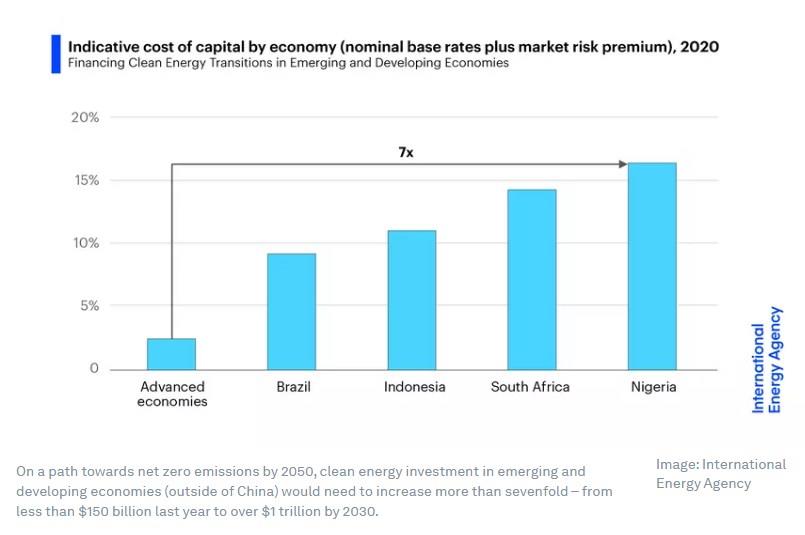by Jonathan Packroff and Thomas Moller-Nielsen
Ahead of a meeting of industry ministers in Brussels on Thursday (26 September), twenty member states have signed an initiative to remove single market barriers, an effort they feel has been largely neglected in the recent high-level reports by former Italian Prime Ministers Enrico Letta and Mario Draghi.
EU industry ministers are meeting to discuss Europe’s competitiveness as well as the future of the EU single market, building on the two in-depth reports presented by Letta and Draghi in April and September respectively.
However, in the lead-up to the meeting, an exceptionally high number of member states have co-signed an unofficial position paper, known as ‘non-paper’, calling for a larger policy focus on the further integration of the European single market.
The initiative comes as a response to perceived lack of attention to the topic in the two reports, an EU diplomat told Euractiv, despite Letta’s work officially focused on the “future of the single market.”
“Not only in the Letta report but also in Draghi’s, the dimension of the internal market and its functioning has been a bit sidelined,” they said.
In Letta’s report, “there were just two pages out of 150 that dealt with services and the single market as such,” the diplomat added. Draghi largely skipped the topic, arguing that it had already been discussed in Letta’s report, they added.
The non-paper, which will be discussed publicly at the end of the ministers’ meeting and was coordinated by Luxembourg and the Czech Republic, calls for “concrete short-term and medium-term actions to facilitate cross-border trade” – such as in services – “where there is still significant fragmentation and divergence between national rules.”
The document was signed by a majority of smaller member states, but also Germany and Poland. Notably, however, France, Italy and Spain – whose nationals are set to hold the new Commission posts for industrial, cohesion and competition policies respectively – are missing.
“The intention was to take on board as many member states as possible,” the diplomat said, “including the ones like Germany and the likes that usually do not subscribe to these types of documents.”
State aid discussion continues
Likely due to its broad-church approach, the letter omits any mention of the increased use of national subsidies – known as state aid – that, Letta warned in his report, would have “produced distortions of competition” across the Union.
In their meeting today, ministers from the 27 member states will also hold a separate closed-door session on state aid – which will most likely hinge on the ending of the post-pandemic relaxation of state-aid rules, known as the Temporary Crisis and Transition Framework (TCTF).
“The [TCT] framework relaxation threatens to distort productivity and ultimately destroy the very basis of the single market,” the diplomat warned.
Under the emergency framework, the European Commission approved €729.72 billion in state aid between March 2022 and June 2023.
Even if already on a downward trend compared to the Covid years of 2020 and 2021, when state-aid expenditure surged to around 2% of aggregate EU GDP, over the course 2022 €228 billion of state-aid funds were disboursed across the bloc – equivalent of 1.43% of EU GDP.
This is almost double the €118 billion of funds disboursed pre-Covid in 2017, equivalent to 0.9 % of EU GDP of the time. Overall, state-aid expenditure remained steadily below the 1% mark in every single year between 2012 and 2019.
The surge in spending has been overwhelmingly driven by larger member states – with Germany and France – Europe’s largest and second-largest economies respectively – often criticised for their heavy use of national subsidies over recent years.
Germany accounted for almost half (48.8%) of the approved funding between March 2022 and June 2023, while France accounted for 23%.
Meanwhile, several, mostly small countries, called for the EU to return to the much more strict rules that existed prior to the Covid-19 pandemic and energy crisis.
“As the level playing field within the European single market is the foundation of a healthy economy, the EU should move toward less but more targeted state aid,” another EU diplomat told Euractiv.
However, others diplomats suggested that a compromise could be found, acknowledging that national subsidies will play a key role in countering the massive industrial policy of large economies like the US and China.
“In the current reality, we have to look at all avenues that can make the EU more competitive,” a third diplomat said. “This could include state aid, but then it should be temporary and limited.”
“A state aid race between member states is definitely not in Europe’s interest,” the diplomat added.
The Letta report, which all incoming Commissioners have been asked to “draw on” in their mission letters, proposes that distortions could be addressed through the introduction of a “state aid contribution mechanism,” whereby a “portion” of member states’ expenditures is appropriated to fund common EU projects.
*first published in EURACTIV.com




 By: N. Peter Kramer
By: N. Peter Kramer
